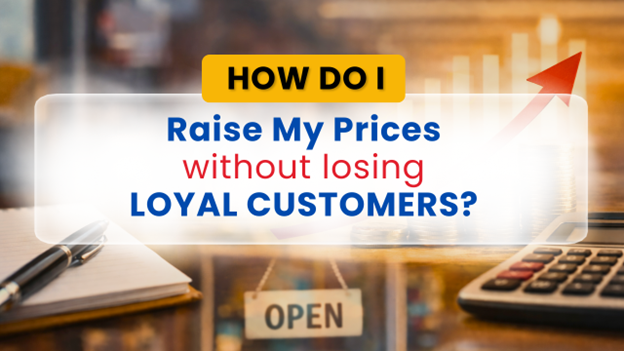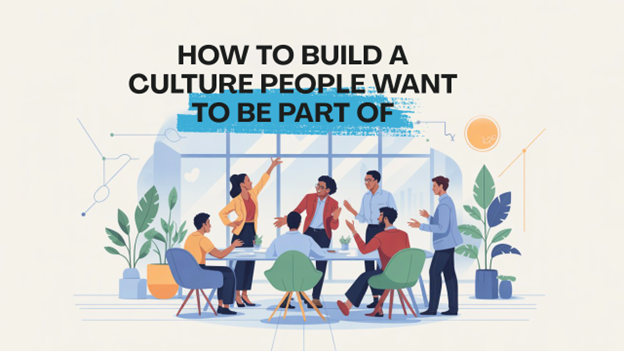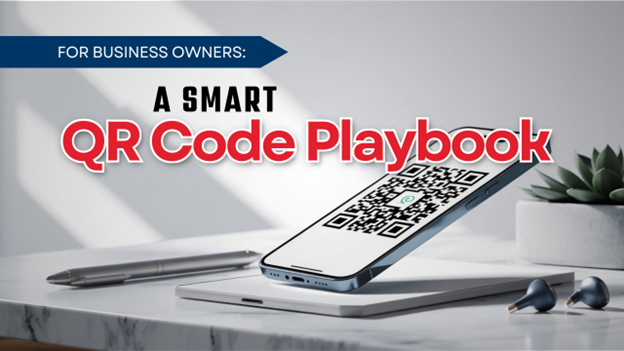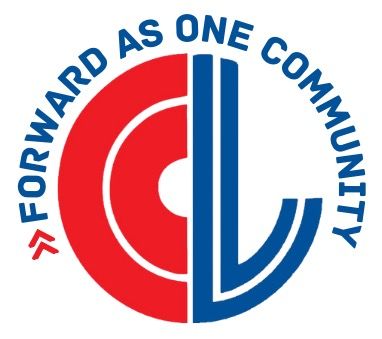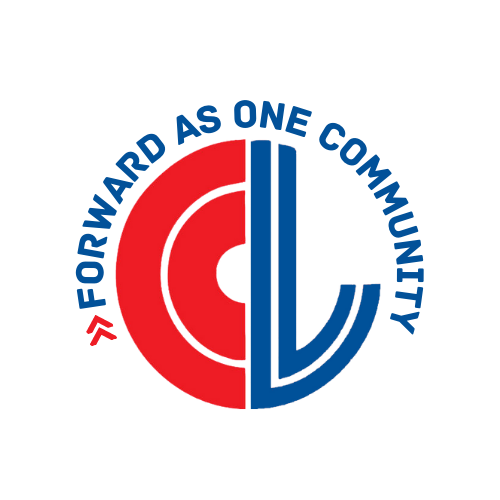February 16, 2026
It’s a question that feels complicated. If you’re in business long enough, you’re going to have to raise your prices at some point. And yet when you do, it’s possible loyal customers may have big feelings about it. So how do you raise your prices without alienating the people who go you to where you are? Why Pricing Conversations Get Weird Costs creep up, your calendar fills, and suddenly you’re working harder for the same money. That’s not a growth plan. It’s a slow leak. But you can adjust pricing without drama, without apologizing, and without putting your reputation on the line. Pricing touches three sensitive areas at once for most business pros: Your confidence: Am I actually worth this? Your customers: Will they get mad and leave? Your market: What if competitors are cheaper? You won’t lose customers because you raised prices. If your customers leave it’s because they don’t understand the value, or they feel surprised. Price increases feel like betrayal when they feel sudden or inexplicable. No one wants to pay more, but when they see the value of what you’re providing and they understand what’s behind the increase, you can likely keep them as a customer. Before You Raise Anything, Do This Quick Check You’re trying to run a healthy business. Remember that. Costs increase. There’s no way to continue to provide your goods or services at the same rate you did a few years ago (unless you had a ridiculous markup—and if so, good for you). But for most of us, this is a necessary cost of doing business these days and you have to keep up with the times. Start with these questions: 1. What’s changed since your current pricing was set? If your costs, time, labor, or demand have changed, your pricing should change too. Inflation is a business reality. 2. What’s the real cost to deliver your product or service? Not just materials or payroll. Consider time, tools, admin hours, software, insurance, travel, prep, cleanup, follow-up, knowledge acquired to get you to this point. If you don’t count it, you’re donating it. 3. Where are you losing money without realizing it? Common culprits: · Custom work that turns into endless revisions · Meetings that don’t lead anywhere · Last-minute changes and reschedules · Free add-ons that became “expected” Three Pricing Moves That Don’t Scare Customers Off You don’t have to “raise prices across the board.” Sometimes the smartest move is reshaping how people buy from you. Move 1: Repackage instead of simply increasing If you’re worried about blowback, don’t just raise the number. Raise the clarity. Examples: Instead of “$125 per visit,” create “Standard” and “Priority” service tiers. Instead of “$2,000 project,” define three packages with different scopes. Instead of a single offering, create an upfront charge or membership, like a wine bar offering a membership club that’s more affordable in bulk than just a single glass, which benefit loyal members Instead of “hourly,” offer a flat-rate option for common work. When you package, customers can see what they’re paying for. It becomes less about you being “more expensive” and more about them choosing what fits. Move 2: Increase your minimums This is the quiet hero of profitability. Examples: Minimum project size Minimum order quantity Minimum monthly retainer Minimum delivery fee Minimums cut out low-margin work that eats your week. You’ll likely lose the most price-sensitive customers, which sounds scary until you realize they’re also the most demanding per dollar. Move 3: Adjust for urgency and complexity Not all work is equal. Not all customers are equal. Pricing can reflect that. Consider: Rush fees After-hours fees Complexity fees for extra revisions or custom requests Travel or onsite fees “Done-for-you” vs “DIY” options When to Raise Prices Timing matters because you want the change to feel intentional and not random. Three good moments to adjust pricing: When demand is high and you’re booked out When costs have increased significantly When you’ve improved your results or delivery (faster, better, smoother) When you’ve gained new expertise or value When you roll out something new If you’re already overloaded, raising prices can improve customer experience. You deliver better quality, which means higher prices. The Conversation This is where a lot of business owners hurt themselves. They over-explain, apologize, or sound defensive. Don’t do any of that. Your message should follow the four Cs: cursory, clear, confident, and customer-aware. Here are a few scripts you can adapt for your business. Script 1: Simple and direct “Starting April 1, our pricing will be updated. This change reflects increased costs and allows us to continue delivering the level of quality and service you expect.” Script 2: For loyal customers “As a valued customer, you’ll have access to current pricing through May 1. After that, updated rates will apply. We appreciate your continued support.” Script 3: When you’re shifting packages “We’re updating our service options to make them clearer and more flexible. You’ll now be able to choose between three packages based on your needs. The new options begin April 2.” You’re not asking permission. You’re informing them. What If Customers Push Back? Some will. That’s normal. The goal is not to avoid it, but to handle it professionally. If someone says, “That’s too much,” try: “I understand. If budget is a concern, we can look at an option with a smaller scope.” Or: “I hear you. Our pricing reflects the time and expertise required to deliver it well.” If someone threatens to leave, stay calm: “I’d hate to lose you, but I understand you need to choose what’s best for you.” Most of the time, the customers you want will respect you more for being steady. If you are still worried about raising prices with your loyal customers, grandfather them into their original pricing structure and raise prices for all new customers. However, this only works when you have room to take on new customers. Eventually it will be inevitable that even your grandfathered customers will see a price increase. But if you want to put it off, that’s a way to do it. A Quick Action Plan for This Week 1. Pick one pricing move: repackage, minimums, or urgency fees 2. Decide your effective date: give customers a reasonable notice window 3. Write your message: two to three sentences, no apologies 4. Update your materials: website, menus, quotes, proposals, booking links 5. Practice your response so you don’t panic when someone asks why Then stand firm. Pricing without panic is really about leadership. You don’t raise prices because you’re greedy. You raise prices because your business has to be sustainable to serve anyone at all. You’re building something that should last. Pricing is one of the ways you make sure it can. And if you want a sounding board, a few examples, or a sanity check before you hit “send” on the announcement, your chamber community is exactly the place to start. Read More: How to Build Loyalty Without Spending a Dime on Ads The Smarter Way to Grow Customer Value Winning Back Lost Customers: Smart Strategies to Reignite Trust and Revenue ----------- Christina Metcalf is a writer and women’s speaker who believes in the power of story. She works with small businesses, chambers of commerce, and business professionals who want to make an impression and grow a loyal customer/member base. She is the author of The Glinda Principle , rediscovering the magic within. _______________________________________ Facebook: @tellyourstorygetemtalking Instagram: @christinametcalfauthor LinkedIn: @christinametcalf5
